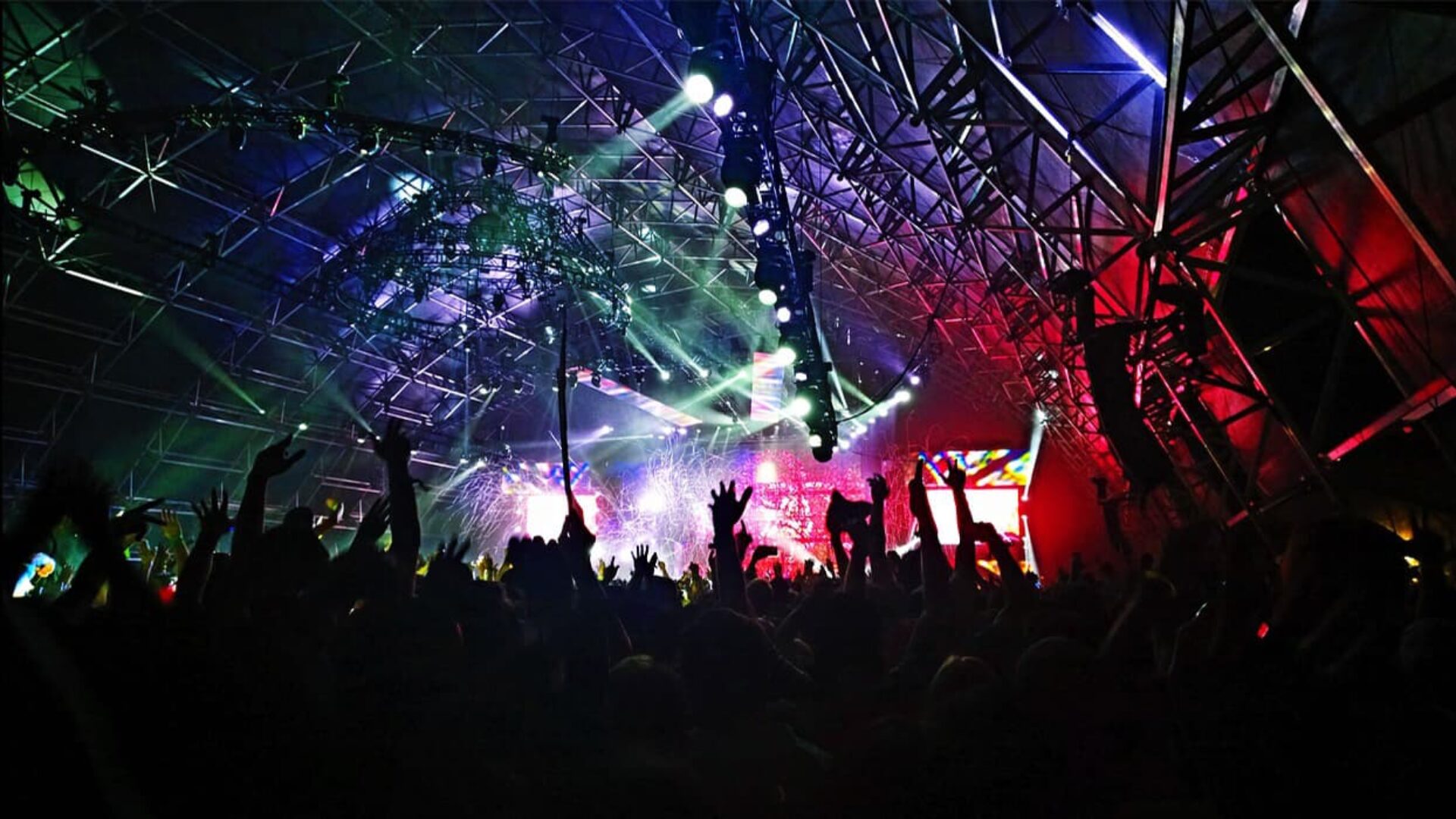Rock, punk, jazz, blues, classics: there are festivals for every taste, interest, age, and wallet in the 21st century. You can spend a few days in the field, sleeping in a tent and dancing in the mud by the stage in the evenings, or you can listen to your favorite music in the park in the city center. Nowadays the festivals are organized in the most comfortable way for the visitors and radically differ from the very first attempts to gather an audience of like-minded musicians. Let’s take a trip back in time and find out how the music festivals of today began.
The Ancient World
The precursors of modern festivals are considered to be the ancient Roman Saturnalia, festivals in honor of the god Saturn, which were held after the end of agricultural work and everyone sought to relax and have fun. During the festivities, which lasted from 5 to 7 days, people went out into the streets, dressed up in costumes, held rituals and sacrifices.
And the ancient Greek equivalent of modern festivals was the Pythian Games at Delphi. The games were held in honor of Apollo, the god of the arts. Originally they were a competition of singers to the accompaniment of the ciphara and the playing of the flute. Music dominated the games, despite the no less spectacular athletic events, chariot races and horse races.
In the Middle Ages there were also festive fairs on religious holidays, where musicians, fortune tellers and troubadours performed and contests were held, but mainly merchants from different countries came to the fairs and sold their goods.
Jazz in the United States
The history of festivals in the United States began with the creation of the Newport Jazz Festival. The first festival, called the First Annual American Jazz Festival, was held in 1954 at the Newport Casino. Live performances by famous jazz musicians took place outdoors. More than 10,000 people attended the festival and the event received positive media coverage.
Although the first festival was a success, its fate was in doubt. First, the casino refused to hold the event in the future, and second, influential residents of the city were against the festival, as it attracted a large number of attendees to Newport, many of whom were students and slept anywhere, in tents and without them. In addition, like most of the performers, the vast majority of the audience was black, so conservative Newport residents were adamant. But despite all the difficulties the organizers faced, the festival became an annual event and gained more and more momentum.
Dizzy Gillespie
In 1969, organizers decided to experiment with combining jazz, soul, and rock music. This drew even more listeners to the event. The main organizer, fearing a riot, announced the cancellation of Led Zeppelin’s performance, however, the band still took the stage after some of the audience left. Regular festival attendees included Dizzy Gillespie, Ray Charles, Roberta Flack and many others.
Woodstock
Inspired by the success of the Newport festival, four ambitious young people decided to organize their own music and art festival. Thus Woodstock was born. Organizers faced many difficulties on the way to create the most famous rock festival: they could not find a suitable venue, and the budget was limited, so many musicians did not agree to sign contracts, because it meant holding a concert almost for free. But despite all the problems, Woodstock became a legend. A place was found just a week before the start date of the festival and after the first contract was signed with Creedence Clearwater Revival, other musicians started ringing the organizers’ phones and banging on their doors, wanting to play.
They wanted to make the festival as accessible as possible to everyone, so they set minimum ticket prices: $6 for the day, $15 for three days, $7 at the door, but as such there was no entrance with a cash register and ticket checking, so most of the audience got into the festival for free. Organizers were expecting about 50,000 visitors at Woodstock, but nearly 10 times that number showed up, and that’s with another 300,000 who never made it to the venue. Jefferson Airplane, The Who, the Grateful Dead, Janis Joplin, Carlos Santana and Jimi Hendrix performed at Woodstock. An Oscar-winning film of the same name was made about the holding of the legendary festival.
Isle of Wight Festival
The wave of popularity of festivals reached across the Atlantic to the British Isle of Wight, where the first Isle of Wight Festival took place in 1968. The festival was held 3 times until 1970, but then the organizers took a break until the 2000s. The festival, held in 1970, surpassed Woodstock in terms of audience numbers. It hosted performances in different years by The Doors, The Who, Jefferson Airplane, Bob Dylan, Jimi Hendrix, Joe Cocker, and Joan Baez.

